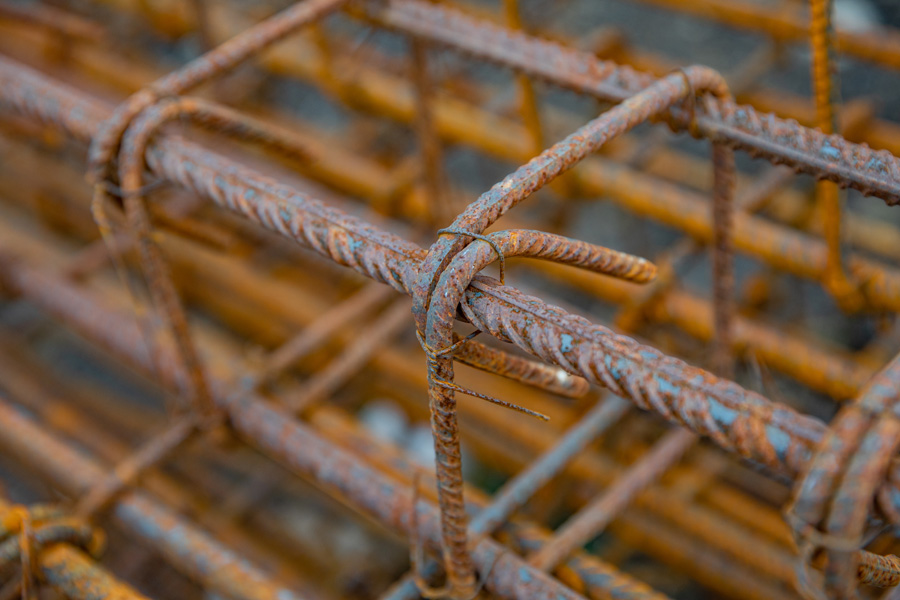
In construction, the completed project is really only as good as the building materials you used for it. No one wants to put up a building or template slab only to find out a substandard mix or bad batch is part of the project. The rebar is important for any construction — it is the bone supporting the structure.
But how do you know you are getting quality rebar, especially knowing every manufacturer will tell you they have the best materials? ACRS certification is the answer.
What Is ACRS Certification?
ACRS certification is an independent process that checks the quality and safety of steel materials, especially rebar, because of its importance in constructing concrete structures. No reputable construction manager or company worth their salt will want to put their name on sub-standard materials or building projects.
Safe and durable building materials are an expectation of the Australasian Certification Authority for Reinforcing and Structural Steel (ACRS), ensuring that they will be sturdy and secure for years to come. Hence, a team checks the materials, from its raw form to the finished product.
The Importance of ACRS Certification
Can you imagine constructing a high-rise building with less than standard materials? No one will want to buy or use that structure, meaning it's a lot of wasted money. ACRS certification is there to ensure safety for builders and property owners. This is especially true for industries with zero tolerance for failure in terms of construction, such as bridges, tunnels, and skyscrapers.
One of the biggest benefits of ACRS certification is the peace of mind it provides for builders and contractors. When you see the mark, you know you are working with a reputable product that has gone through proper testing. This also helps with faster procurement times as you don’t need to have the local rebar testing facility validate each batch. This saves time and money.
How ACRS Certification Works
There are a few steps in the ACRS certification process, which include the initial assessment, the ongoing surveillance, and the recertification process. This means that the manufacturer has to ensure that all elements of the product, such as its manufacturing process, properties, and control methods, meet the standards.
The process can be complex and strict, but the body works diligently to ensure every aspect is smooth and effective. After the application is filed, the quality management system of the manufacturing process has to be reviewed in detail. ACRS inspectors will visit the manufacturing facility to observe the process directly and see if it matches the standards.
They will also collect samples of the product to test their joule count and tensile and elongation properties. If they meet the requirements, the manufacturer is allowed to issue their ACRS certification. However, the job is not done at this point; ACRS performs ongoing surveillance of the manufacturers to ensure they are constantly hitting the required mark.
Why ACRS Certification is a Mark of Trust
In an industry that is unforgiving of mistakes, getting ACRS certification is building credibility. It guarantees a builder or contractor that the rebar is not only up to industry standards but is also reliable and long-lasting. For example, in a high-stakes situation, like public infrastructure, being sure that the materials have ACRS certification is unmatched. No price can really compensate for the assurance ACRS can provide.
But, the certification is not just a boon for contractors and builders. Manufacturers of rebar find themselves in advantageous positions because proper certification can be a marketing tool. The ACRS mark is more reliable than the Australian steel rebar standard. It provides a competitive edge and proves quality and safety. Contractors and project managers could do well in selecting products with strength and compliance because they provide quality and safety.
The Future of ACRS Certification
As the construction industry evolves and expands, the role of quality assurance and certification will only gain importance. More onus is being placed on the sector to deliver more sustainable and safer structures.
ACRS: The Measurement Of Quality
ACRS certification isn’t just a badge; it’s a reliable indicator of quality and performance. Whether you’re a builder, contractor, or manufacturer, having the right information — and an appreciation of that information — is a step closer to making the construction environment a safer place for everyone.








